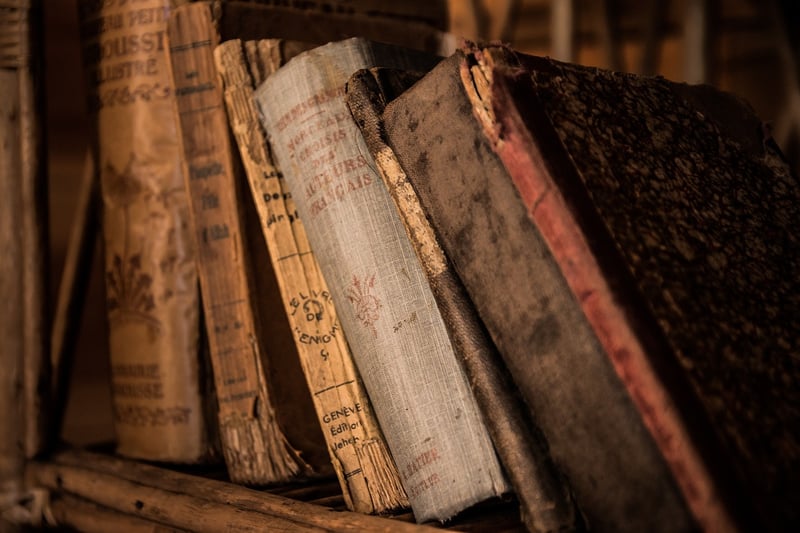Historical Integrity
The Importance of Moral Considerations in Preserving Historical Integrity
Preserving historical integrity is not merely about maintaining old buildings or artifacts; it also encompasses upholding the moral values and lessons embedded in history. The way we interpret and present historical events can shape our understanding of the past and influence our actions in the present and future. Here's why moral considerations play a crucial role in preserving historical integrity:
1. Learning from Past Mistakes
History is filled with triumphs and tragedies, victories and injustices. By acknowledging and confronting the moral failings of the past, we can learn from them and strive to create a better future. Preserving historical integrity means honestly confronting the dark chapters of history and understanding the consequences of immoral actions.
2. Honoring the Voices of the Oppressed
Many historical narratives have marginalized the voices of the oppressed and downtrodden. By considering the moral implications of historical events, we can amplify these voices and ensure that all perspectives are included in the retelling of history. This not only honors the experiences of those who suffered but also provides a more comprehensive understanding of the past.
3. Fostering Empathy and Compassion
Studying history through a moral lens fosters empathy and compassion by allowing us to connect with the experiences of people from different eras. When we empathize with the struggles and triumphs of those who came before us, we develop a deeper appreciation for the complexities of human existence and are inspired to act with kindness and understanding in our own lives.
4. Preserving Cultural Heritage
Cultural heritage is not just about physical artifacts; it also includes the intangible values and beliefs passed down through generations. By upholding moral considerations in the preservation of historical sites and traditions, we safeguard these invaluable aspects of our collective identity for future generations to learn from and appreciate.
5. Inspiring Ethical Decision-Making
When we engage with history through a moral framework, we are better equipped to make ethical decisions in our personal and societal lives. By understanding the ethical dilemmas faced by past generations and the consequences of their choices, we can navigate contemporary challenges with wisdom and integrity.

In conclusion, the preservation of historical integrity is intrinsically linked to moral considerations. By approaching history with empathy, honesty, and a commitment to justice, we not only honor the past but also enrich our present and shape a more ethical future for generations to come.
References: History.com, UNESCO - Ethics of Preservation
